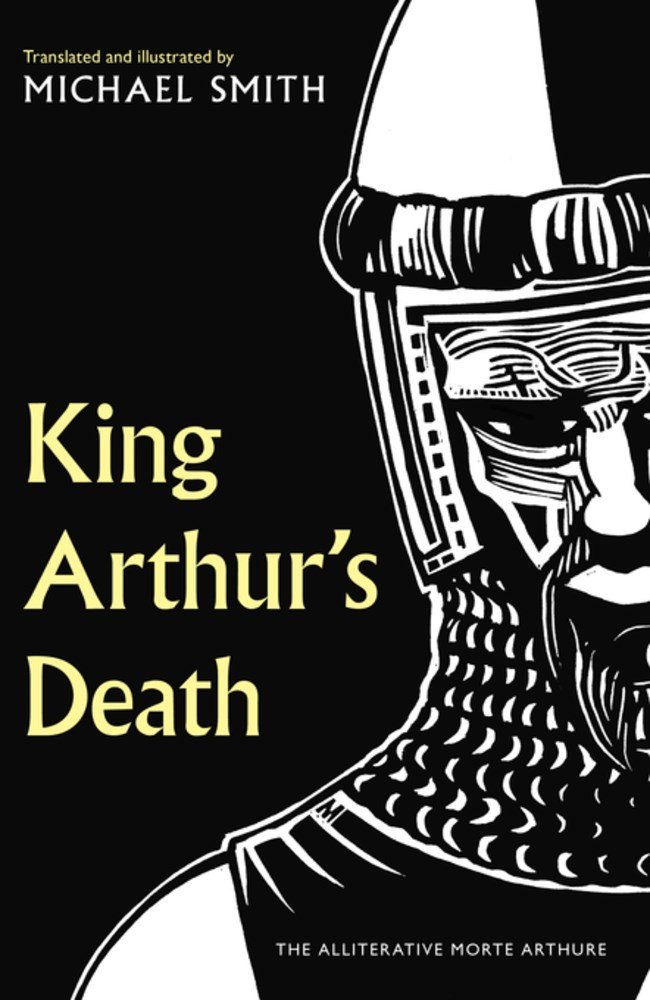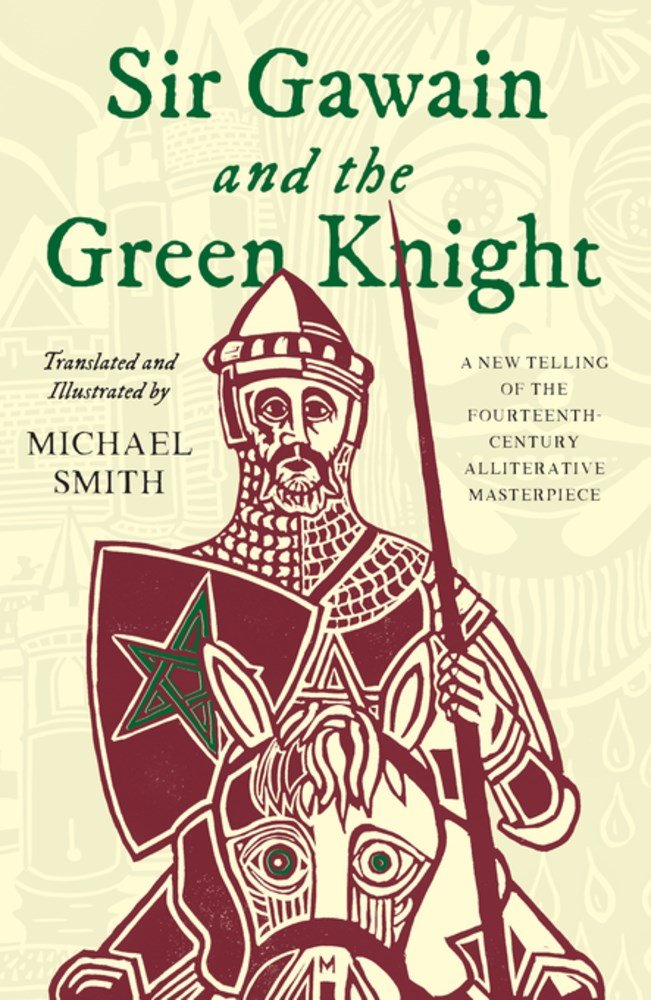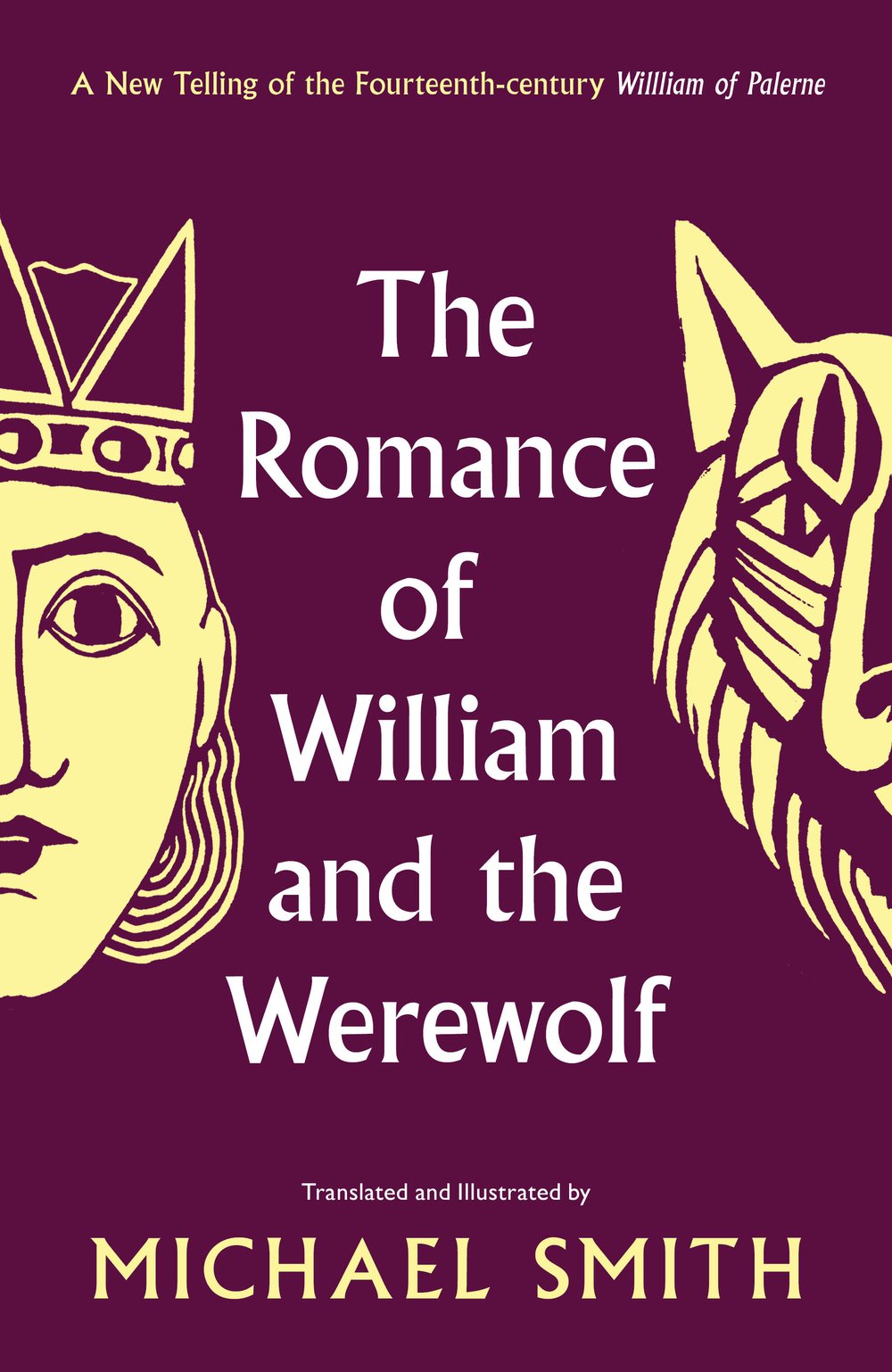King Arthur's Death
The Alliterative Morte Arthure

A new translation of the classic English poem that inspired Malory, stunningly illustrated with linocuts by the author.
King Arthur’s Death (commonly referred to as the Alliterative Morte Arthure) is a Middle English poem that was written in Lincolnshire at the end of the fourteenth century. A source work for Malory’s later Morte d’Arthur, it is an epic tale which documents the horrors of war, the loneliness of kingship and the terrible price paid for arrogance.
This magnificent poem tells of the arrival of emissaries from Imperial Rome demanding that Arthur pays his dues as a subject. It is Arthur’s refusal to accept these demands, and the premise of foreign domination, which leads him on a quest to confront his foes and challenge them for command of his lands.
Combining heroic action, probing insight into human frailty and a great attention to contemporary detail, King Arthur’s Death is not only a lesson in effective kingship, it is also an astonishing mirror on our own times, highlighting the folly of letting stubborn dogma drive political decisions.

Michael Smith comes from Cheshire and read history at the University of York, specialising in English and European mediaeval history. In later years, he studied as a printmaker at the Curwen Print Study Centre near Cambridge. He lives in Ware, Hertfordshire. His first book, a translation of Sir Gawain and the Green Knight, was published by Unbound in 2018.






